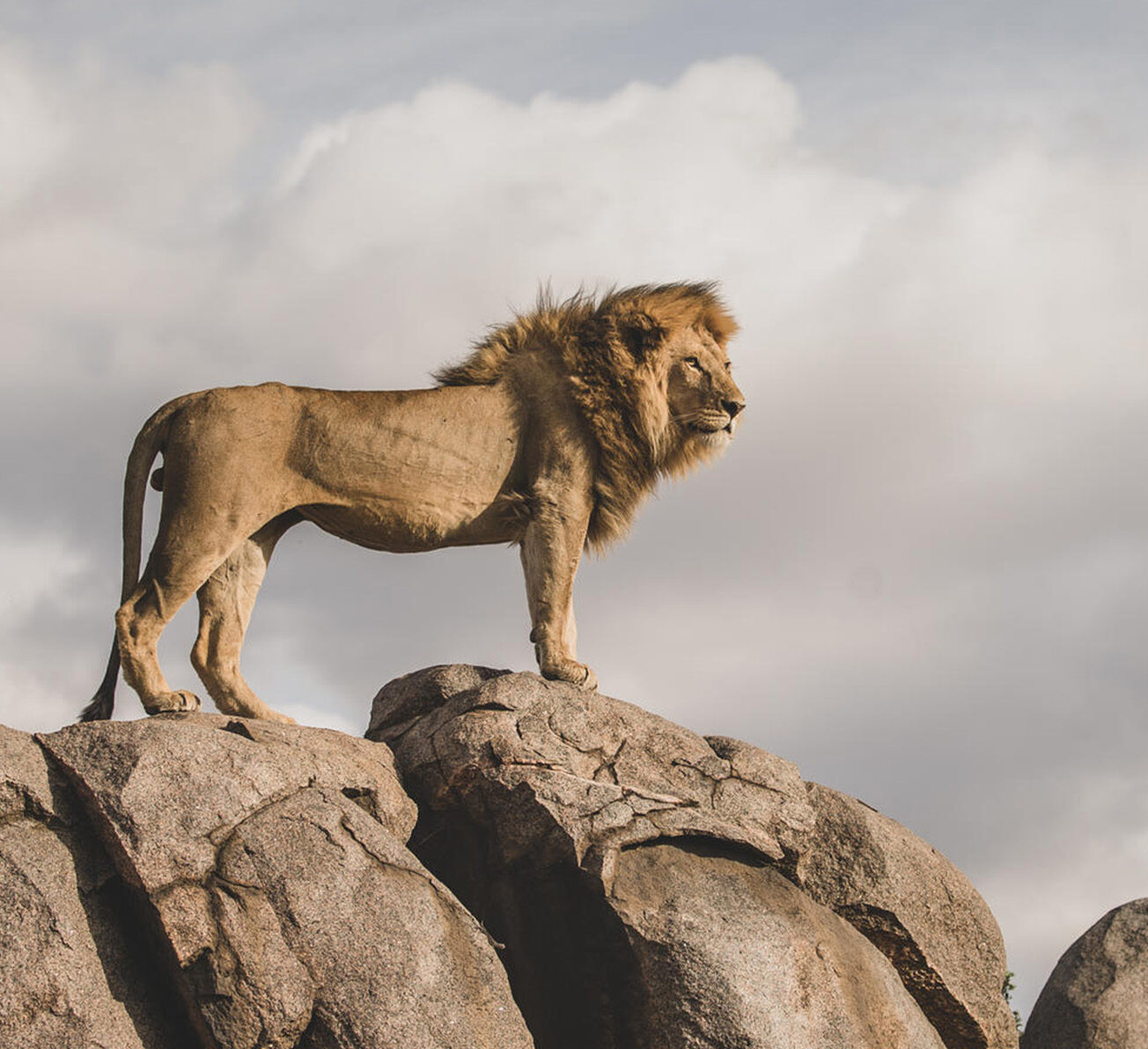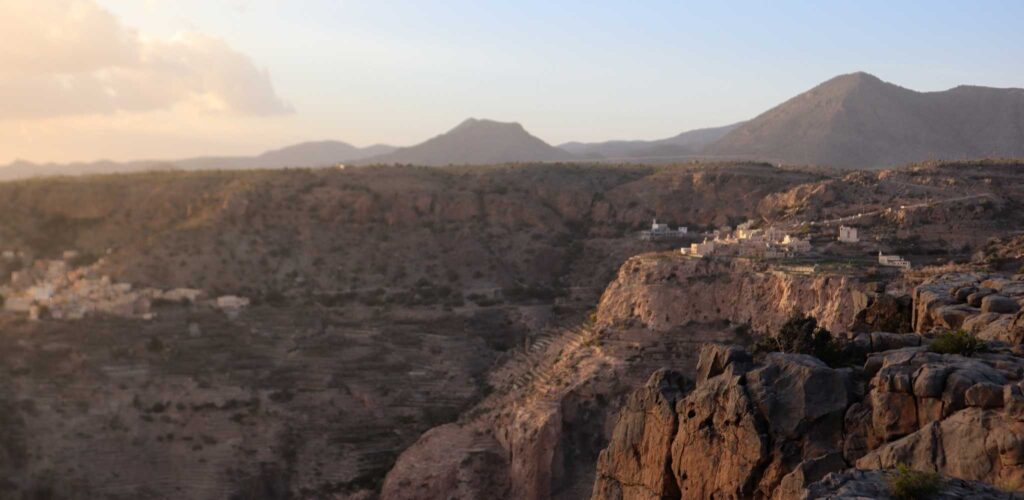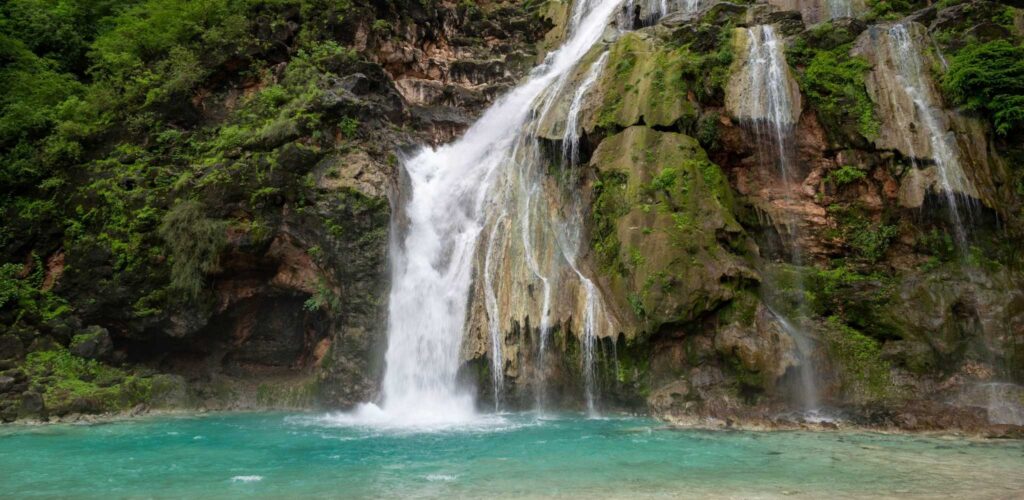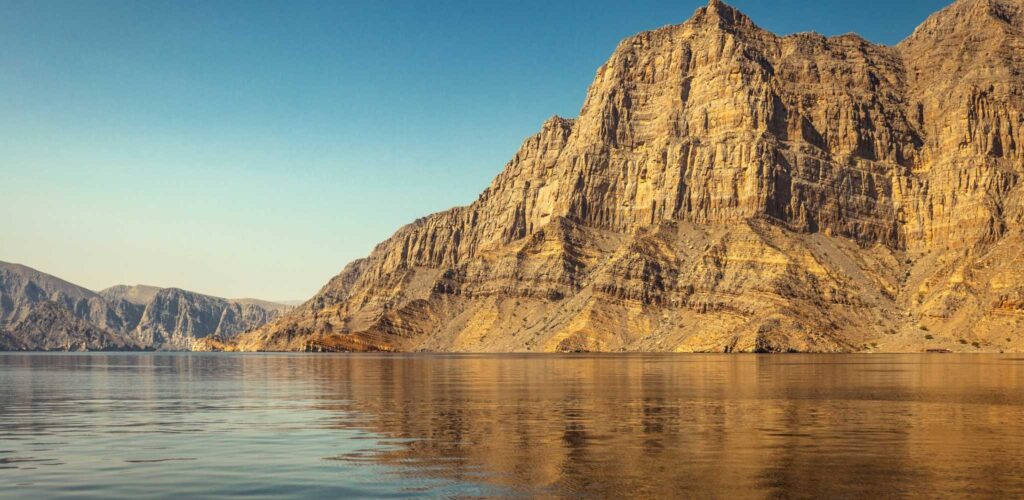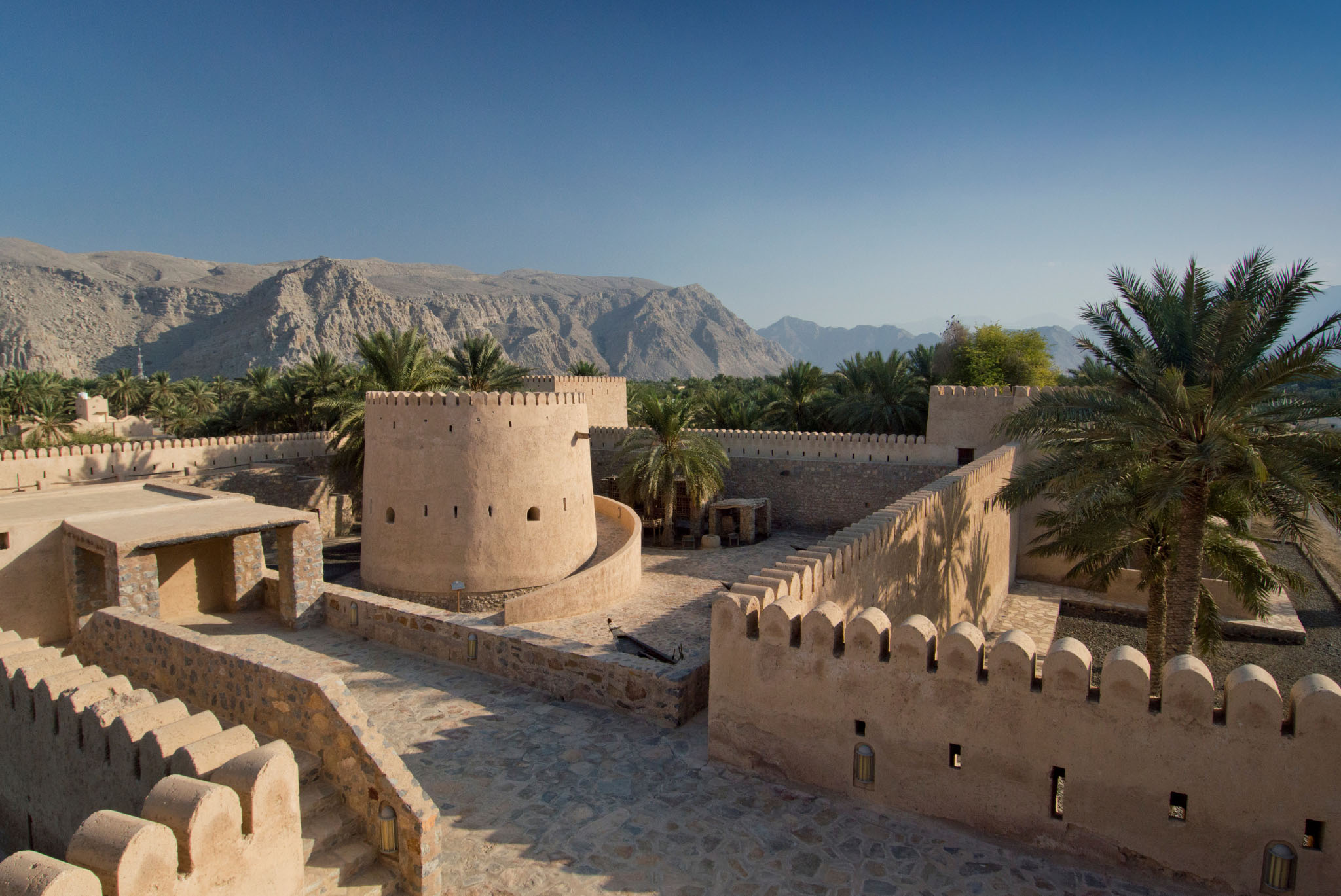
Oman
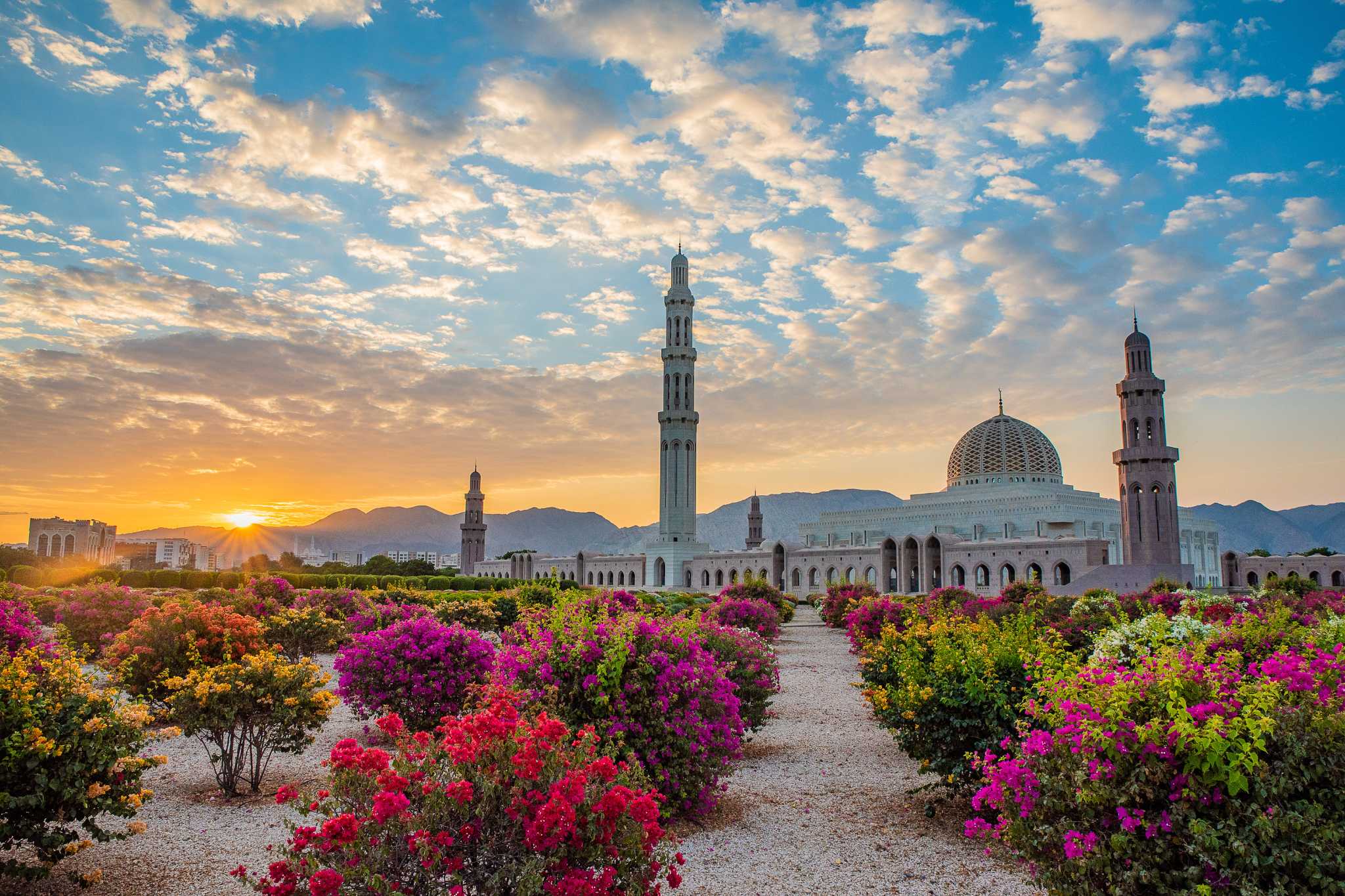
Oman Holidays, Travel and Tours
Journey to Oman with Bench Africa and discover a land where ancient traditions meet dramatic natural beauty. From rugged mountain villages nestled among towering cliffs to lush date-filled oases, a holiday in Oman is a journey through diverse landscapes that captivate the senses. Explore vast deserts where golden dunes stretch to the horizon and watch as solitary camels traverse the endless sands. Bench Africa’s Oman tours are crafted to immerse you in the rich history, vibrant culture, and breathtaking scenery that define this remarkable country. Whether wandering bustling souks, visiting historic forts, or experiencing the quiet majesty of Oman’s wilderness, , each day brings fresh discoveries and deep connections with a land shaped by time and tradition.
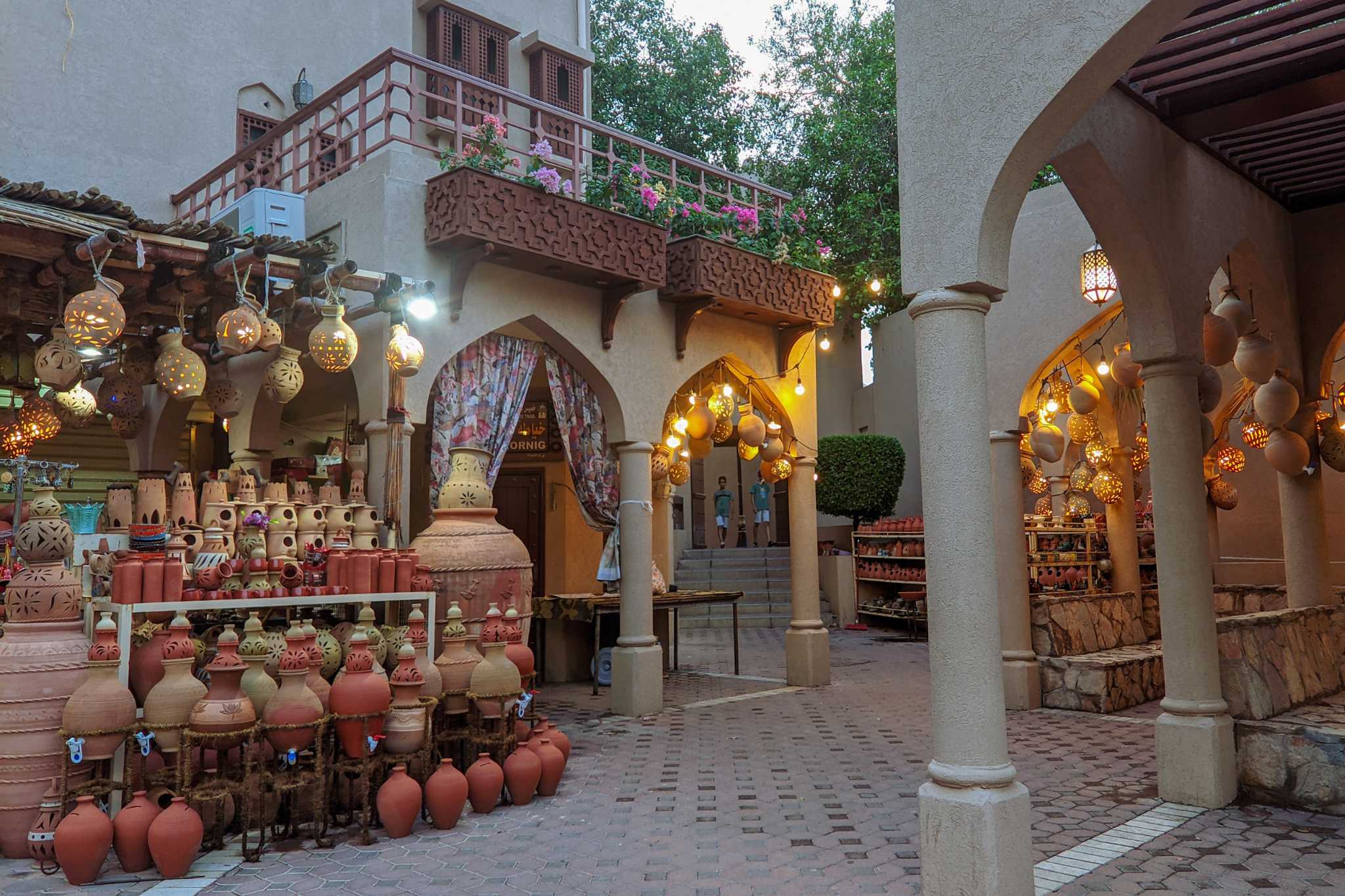
Why should I book an Oman holiday?
Oman invites travellers to discover a holiday experience where modern comfort blends seamlessly with a deep respect for tradition. Unlike much of the region, the country has embraced change with care, preserving its rich heritage while welcoming visitors. Muscat’s skyline remains low-rise and discreet, while more than two thousand historic forts stand meticulously restored across the landscape. Ancient crafts like weaving continue to be practiced, keeping cultural traditions alive.
Warm hospitality and authentic Arabian values are evident throughout daily life, offering visitors a genuine glimpse into Islamic culture. For those seeking a destination where history, culture, and kindness come together naturally, Oman is a compelling choice. At Bench Africa, we design tailor-made Oman tours that match your interests and pace, crafting a journey that is uniquely yours.
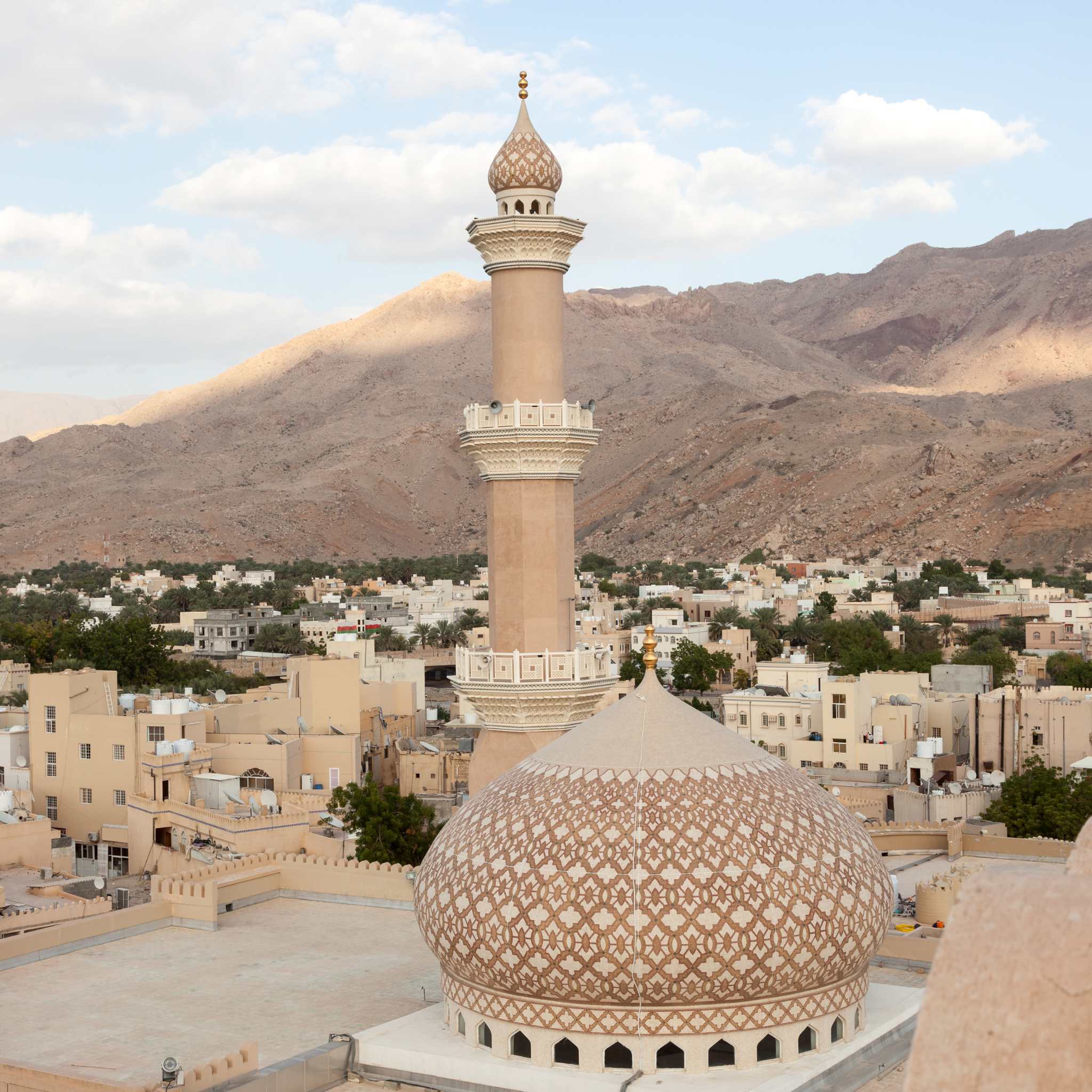
- Full Country Name Sultanate of Oman
- Area 309,500 sq km
- Population 4.7 million (UN 2015)
- Capital Muscat
- Borders United Arab Emirates, Saudi Arabia and Yemen.
- Religion Predominantly Muslim, including Shi’ite Muslim, Sunni Muslim and facilities for the worship of other religions
- Time Zone Standard time is four hours in advance of Greenwich Mean Time
- Languages Arabic is the official language. English is widely spoken. Swahili is also spoken by Omani descendents from East Africa. German and French are spoken by some hotel staff while Urdu, Farsi, Hindi and Tagalog are widely spoken by Oman’s large expatriate workforce.
- Country Dialling Code +968
Oman highlights
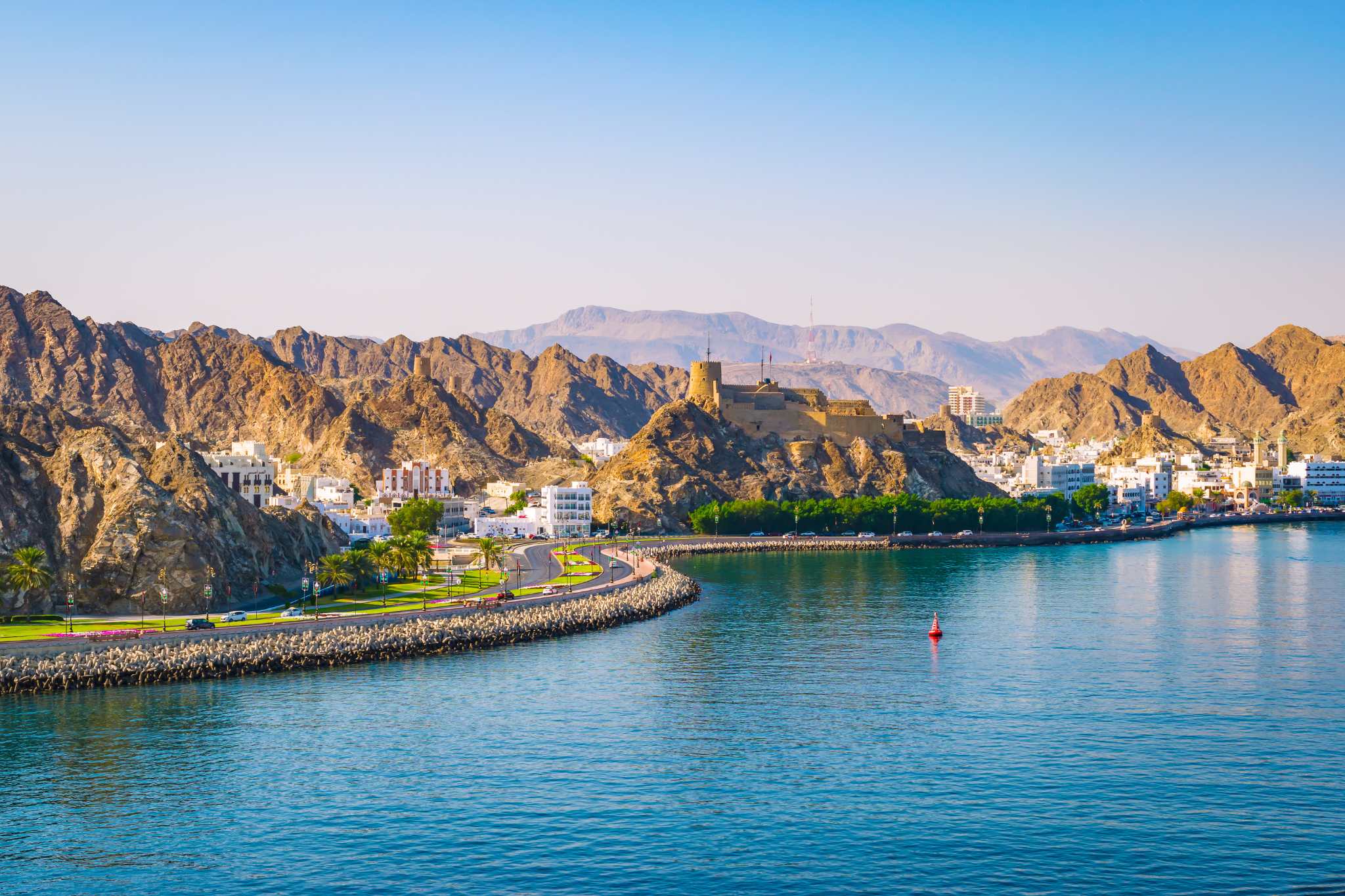
Muscat
Oman's capital, Muscat, is a blend of tradition and modernity. Visitors can explore the Sultan Qaboos Grand Mosque, a masterpiece of Islamic architecture. The Muttrah Souq offers a glimpse into Oman's trading heritage, while the Royal Opera House showcases the nation's commitment to the arts. The city's coastal setting provides stunning views and a serene atmosphere.
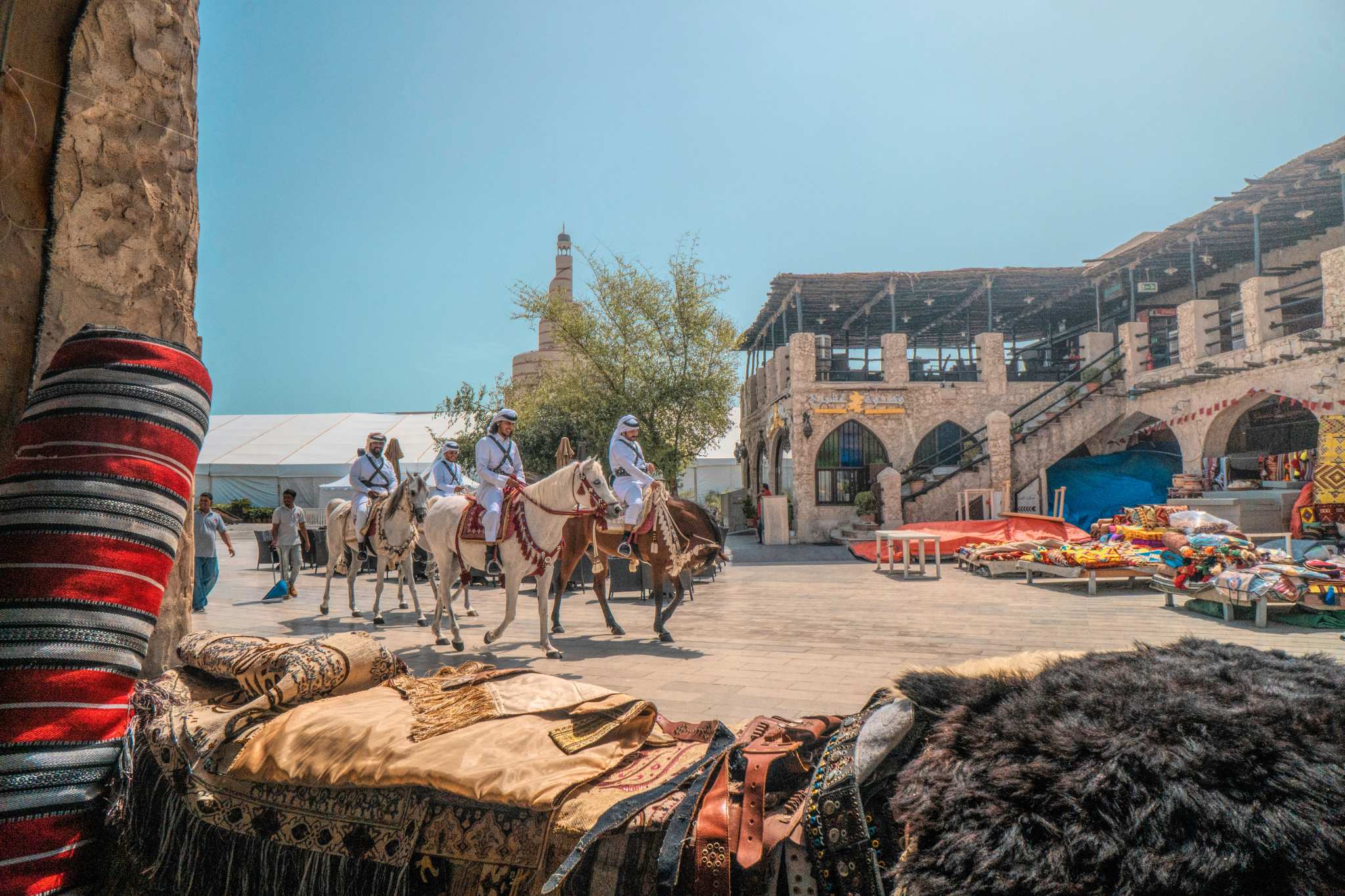
Nizwa
Once the capital of Oman, Nizwa is renowned for its historic fort, which offers panoramic views of the surrounding date palm plantations. The Nizwa Souq is famous for its silverware and traditional handicrafts. The city's rich history and cultural significance make it a must-visit for those interested in Oman's heritage.
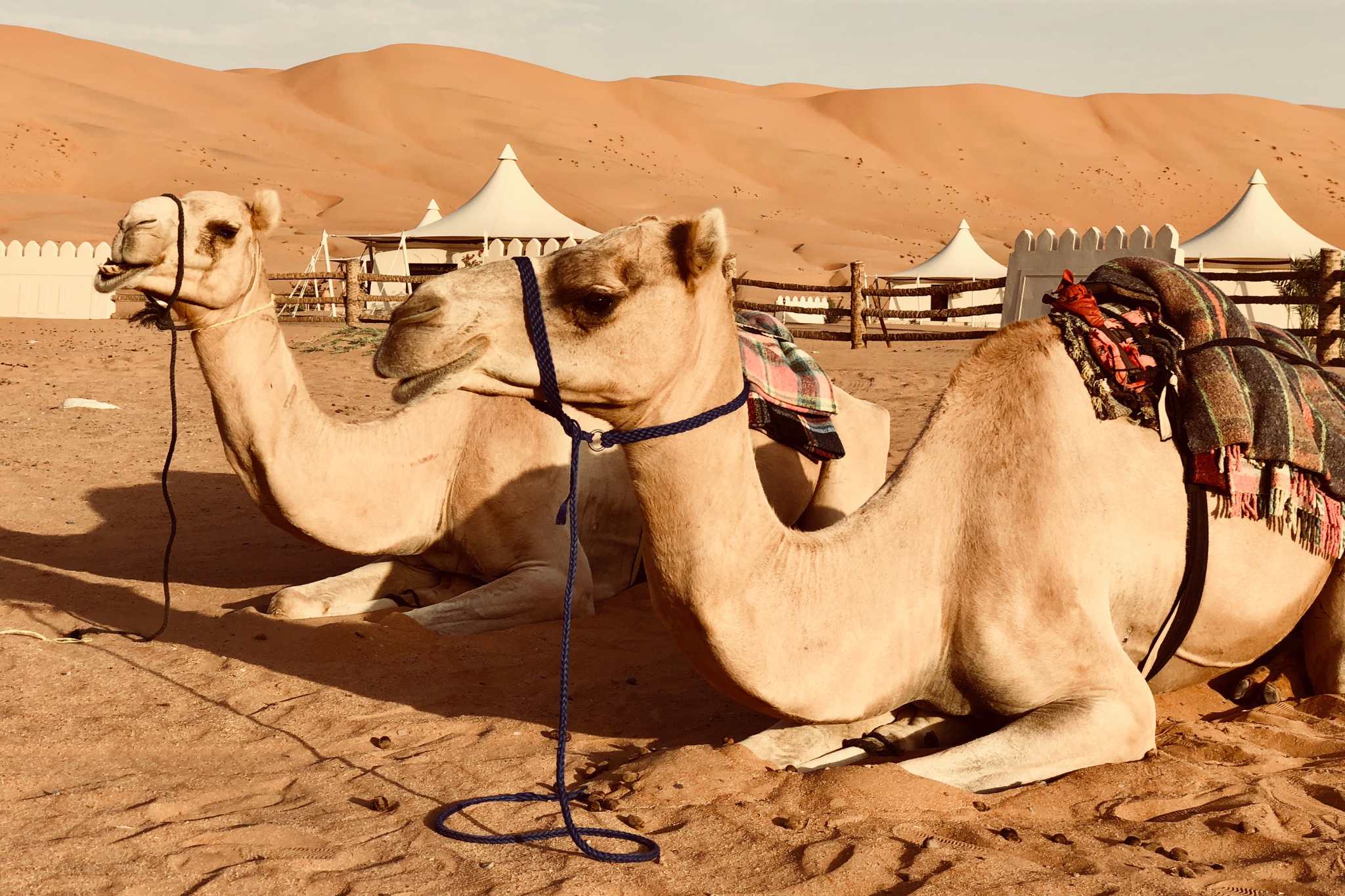
Wahiba Sands
For those seeking adventure, the Wahiba Sands offers an authentic desert experience. Travelers can embark on dune-bashing excursions, ride camels, and spend nights under the stars in traditional Bedouin-style camps. The vast expanse of golden dunes provides a unique backdrop for photography and reflection.
Oman experiences
Essential trip information
-
Accommodation
-
Accommodations in Oman range from seaside resorts along the Arabian Sea to boutique hotels in old towns, desert camps among the dunes, and mountain lodges in the Hajar range. In Muscat, many hotels combine modern design with Omani character, while in the desert you can choose between simple Bedouin-style camps and luxurious tented stays beneath the stars. In the south, Salalah’s resorts make the most of the coastline and cooler monsoon season.
On very rare occasions, circumstances beyond our control may require a change to the confirmed accommodation.
-
Clothing
-
General Information
Oman’s climate and culture call for modest, practical clothing that respects local customs while also keeping you comfortable in the desert heat. In Muscat and other cities, casual clothing is acceptable, but shoulders and knees should be covered, especially when visiting mosques, souks, or rural areas. Women are not required to wear a headscarf except when entering mosques, but carrying a light scarf can be useful.
The desert and mountains can be hot during the day and noticeably cooler in the evenings, so packing layers is important. A wide-brimmed hat, sunglasses, and high-factor sunscreen are essential for daytime. A warm jacket or fleece is recommended for nights in the desert or in the higher reaches of the Hajar Mountains.
If you plan to hike in wadis, trek in the mountains, or walk across desert terrain, sturdy walking shoes or hiking boots with good grip are essential. Water shoes are useful for wadi explorations, where trails may involve swimming or walking through water.
Hotel dress codes are generally relaxed, though smart-casual attire may be preferred in high-end restaurants and international hotels. Swimwear is appropriate at hotel pools and private beaches but not in public areas. Laundry services are widely available, but turnaround times can vary if you are moving frequently.
Packing List
Essentials
- Reusable water bottle
- Sunglasses (preferably polarized)
- Wide-brimmed hat or cap
- Camera, charger, and memory cards
- Travel adaptor for Oman (types G and C are most common)
- Spare glasses or contact lenses
- Lightweight daypack for excursions
Clothing
- Light, breathable clothing such as cotton or linen
- Long trousers and long-sleeved tops for sun and cultural respect
- T-shirts or tops that cover the shoulders
- Knee-length or longer skirts or shorts
- Warm jacket or fleece for evenings in the desert or mountains
- Lightweight rain jacket, especially if travelling in the khareef (monsoon) season in Dhofar
- Scarf or shawl for sun, dust, or religious sites
- Comfortable walking shoes or hiking boots
- Water shoes for wadi walks and canyon pools
- Swimwear
Health and Safety
- Basic medical kit including plasters, pain relief, antiseptic cream, and Imodium
- Insect repellent
- High-factor sunscreen and protective lip balm
- Hand sanitiser and tissues or wet wipes
-
Communication
-
Oman has a reliable mobile network with good coverage across cities, towns, and most tourist areas. Reception can be weaker in remote desert or mountain regions, but you will generally find connectivity in tourist areas.
If your phone has international roaming enabled, you can connect to local networks, but charges may be high. A local SIM card is an easy alternative and can be purchased at Muscat International Airport or in larger towns. eSIMs are also supported, allowing you to activate a local data plan digitally without needing a physical SIM. These can be set up before arrival or upon landing.
Wi-Fi is widely available in hotels, resorts, and many cafés, though signal strength may vary outside urban areas. In desert camps or remote villages, internet access may be limited or intermittent.
-
Electricity
-
Voltage & Frequency
In Oman, the standard electricity supply is 240 volts with a frequency of 50 Hz.Top Tips
Socket types can vary across hotels and lodges, so bringing a universal travel adaptor set is recommended. While power cuts are uncommon, occasional fluctuations can occur, so carrying a torch may be useful.Socket Types in Oman
Type C – European 2-pin
Type D – Indian 3-pin
Type G – British 3-pin -
Food & Drink
-
Omani cuisine is a flavorful blend of Middle Eastern, African, and Indian influences, with dishes rich in herbs, spices, and fresh ingredients. Staples include shuwa, a slow-cooked spiced lamb, grilled seafood, rice dishes, and an array of fresh vegetables. Bread such as khubz and samosas or pastries are commonly enjoyed, and dates are a popular accompaniment.
Restaurants range from casual cafés and local eateries to high-end hotels serving international and traditional Omani cuisine. Street food is generally safe and includes snacks such as grilled meats, fried pastries, and local sweets.
Bottled water is recommended for drinking, and tea and coffee are widely consumed. Traditional beverages include laban, rose syrup drinks, and Omani coffee. Alcohol is available only at licensed hotels, restaurants, and bars, and is less prominent due to local customs.
-
Health
-
We recommend you speak to your GP or local Travel Doctor for the most up-to-date information and advice.
-
Insurance
-
Insurance is a mandatory requirement for your travels, and we strongly advise you to secure Comprehensive Travel Insurance at the time of booking your trip.
Make sure you have a thorough understanding of the Terms and Conditions outlined in your policy and that you are well informed about your insurance coverage to ensure that you are adequately prepared for any unforeseen circumstances during your travels.
-
Local Customs & Laws
-
Oman is a predominantly Muslim country, and visitors are expected to respect local customs and religious practices. Women should wear modest clothing that covers shoulders and knees, particularly in public spaces, religious sites, and rural areas. Men should avoid wearing shorts in towns and villages.
During the holy month of Ramadan, eating, drinking, or smoking in public during daylight hours should be avoided out of respect for those observing the fast. Alcohol is only available at licensed hotels, resorts, and restaurants.
Omani hospitality is renowned, and visitors often experience warmth and generosity from locals. It is not uncommon to be invited into homes, reflecting a long-standing tradition of welcoming travellers and guests. Respect for local customs and sensitivity to cultural norms is appreciated and helps ensure a positive experience.
-
Money Matters
-
Currency
The unit of currency in Oman is the Omani Rial (OMR), which is made up of 1,000 baisa.
You Should Know
Banknotes and coins are in common use, and cash is widely accepted for everyday transactions. In larger towns, cities, and tourist areas, ATMs are readily available and generally reliable, though some remote locations may have limited access.
Credit and debit cards, particularly Visa and MasterCard, are widely accepted in hotels, larger shops, and restaurants, but smaller businesses, souks, and rural areas may only accept cash. It is advisable to carry some cash in small denominations for convenience.
US Dollars and other major currencies can be exchanged at banks, bureaux de change, and hotels. It is recommended to use official exchange points rather than street exchangers. Inform your bank before travelling to Oman to avoid card issues and to check any transaction fees for international usage.
-
Recommended Reading
-
- The Sultan’s Shadow: Christiane Bird
- Oman, Under Arabian Skies: Rory Patrick Allen
-
Safety & Security
-
Oman is generally considered one of the safest countries in the region, with low levels of violent crime. Visitors are advised to exercise normal precautions, such as keeping valuables secure, avoiding isolated areas at night, and being mindful of personal belongings in busy markets.
Road conditions can vary, with highways generally in good condition but rural roads sometimes narrow or poorly lit. Drivers should be cautious, particularly at night or in remote areas.
It is important to follow local guidance when exploring desert or mountain areas.
-
Tipping
-
Tipping Guidelines
Tipping is usually considered customary in Africa although not as widespread as the United States or Europe. It is always at your discretion. If you feel that someone has gone the extra mile to make your stay more enjoyable, a tip would be considered a nice way of saying thank you.
To help you budget for your trip, the following is given as a guideline only (shown in US Dollars):
Driver (per person per full day): $5.00
Guide (per person per full day): $10.00
Camp Staff (per person per full day): $5.00
Hotel Porter (per bag): $1.00
Restaurant (per person per meal): $1.00
A la Carte dining: 10% of the bill -
Useful Numbers
-
Consulate General of the Sultanate of Oman
Suite 2, Level 4, 493 St. Kilda Road Melbourne VIC 3004, Australia
Tel: +61 3 9820 4096Australian Embassy, Saudi Arabia
Abdullah bin Hozafa Al-Sahimi Avenue Diplomatic Quarter, Riyadh
Saudi Arabia
Tel: +966 1 488 7788Australia does not have an Embassy or Consulate in Oman so we suggest you contact the Australia Embassy in Saudi Arabia.
-
Visa Information
-
Do I need a Visa to Travel to Oman
We do not provide advice on specific visas as regulations are subject to change and can vary from person to person. Please refer to Smart Traveller for the most up-to-date information. We advise checking visa requirements at the time of booking and again before travelling to keep abreast of any changes that may have occurred.
Visa requirements vary between countries, and it is essential that you acquire the appropriate visa for your journey and ascertain whether it can be applied for in advance or on arrival, in which case you will need the exact physical money. Often, your passport must be valid for at least six months beyond your intended stay, with a minimum of two blank pages (a double page). You will be required to have onward travel documents and sufficient funds. It is advisable to carry photocopies of all important documents.
It is your personal responsibility to confirm that your passport is valid, contains the necessary visa, and that you have all required travel documents.
-
When to Travel
-
Oman is hot for much of the year, especially between May and September, when daytime temperatures can exceed 40°C in desert areas. Coastal regions feel warmer due to humidity, while the mountains remain dry and sunny. Nights in the desert or mountains can be cool, so a light jacket is useful.
The most comfortable time to visit is between November and March, with daytime temperatures between 20°C and 30°C. Rain is uncommon but can occur, mostly in the Dhofar region in the south during the winter months.
Bench Africa on Instagram
